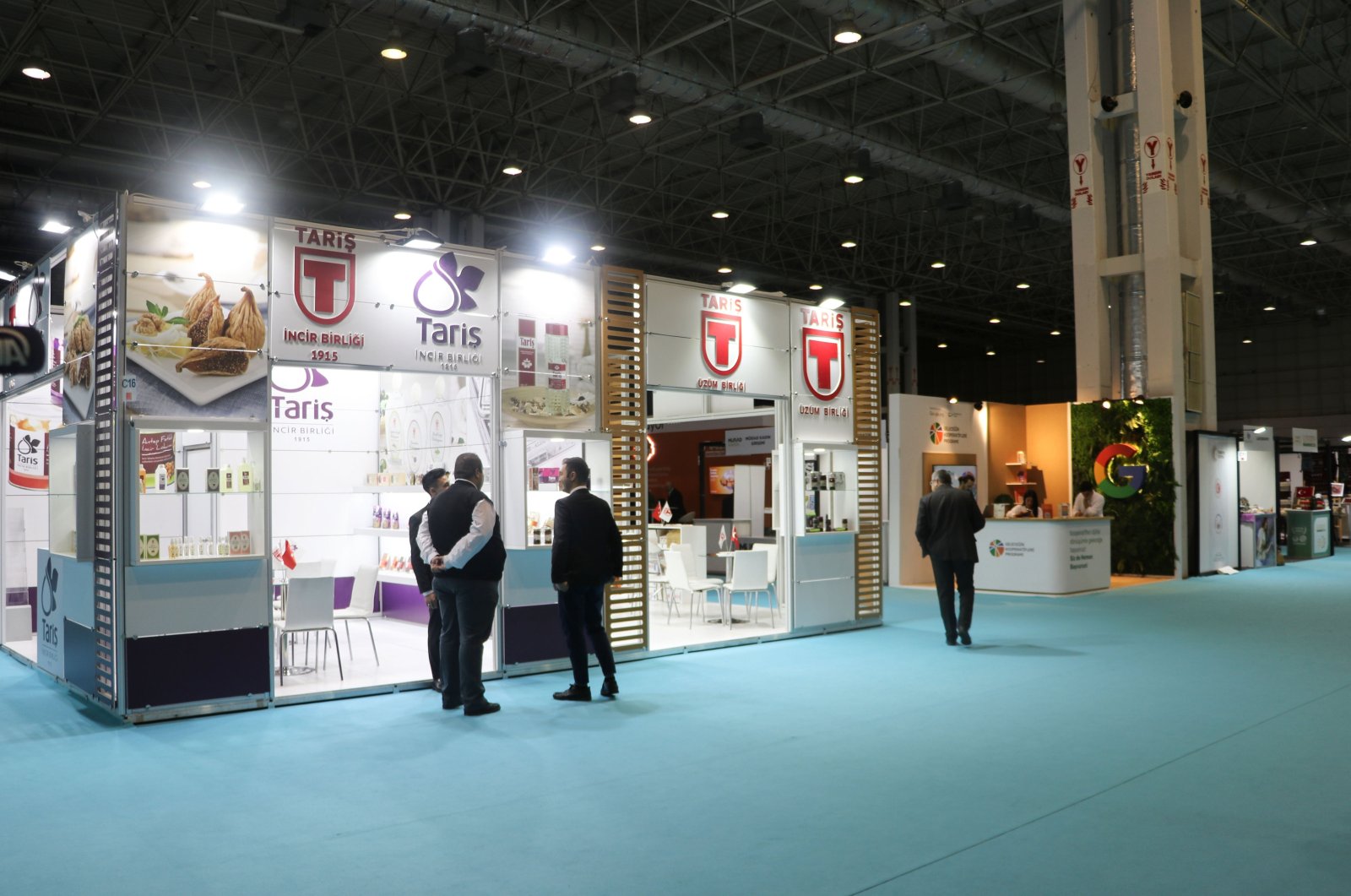A “positive ripple effect”: health workers as influencers following Türkiye’s earthquakes
When the first of the devastating earthquakes struck Türkiye in February 2023, health workers were on hand to clearly communicate the various potential health risks that could arise in its wake and provide health advice tailored to people’s perceptions and needs.
“In the aftermath of the earthquake, the immediate priority was to rescue the deceased and wounded people from under the rubble. However, this phase did not last long,” said Dr Osman Kurt, Public Health Specialist at the Adıyaman Provincial Health Directorate.
Health workers are highly trusted and play a major role in influencing people’s health decisions. Dr Kurt continued, “As people were taken to hospitals and transferred to other cities, this is when our main job started. Not only did we help them access health services and care, but we also needed to encourage them to protect their health from emerging risks. During an emergency, when a health-care worker approaches a patient, their skills in risk communication need to be at a high level to ensure effective health protection.”
The health workers in Türkiye communicated with patients on topics as diverse as access to safe water, infant feeding, mental health and management of chronic conditions. They also worked to address the false information circulating during the crisis.
Bridging the gap between health workers and communities
WHO/Europe and the WHO Country Office in Türkiye worked with the Ministry of Health to train a group of 72 health workers on how to train their peers, building risk communication and community engagement and infodemic management (RCCE-IM) capacities and capabilities.
In its second phase, it is expected that 72 trainers will equip a further 8000 health-care providers with interpersonal communication skills, enabling them to engage effectively with patients and communities during emergencies, support the most vulnerable, and promote acceptance and uptake of protective measures.
The recent trainings focused on RCCE-IM topics that can build the role of the health workforce as influencers, including speaking in times of uncertainty, listening actively, addressing concerns, and providing health information and advice based on people’s needs. The training programme, funded by Kuwait’s earthquake recovery funds, consisted of 6 2-day sessions across the 5 most affected provinces in the south-eastern part of the country.
Mr Serkan Karavuş, Health Expert at the General Directorate of Health Promotion, commented, “In close collaboration with the WHO Country Office in Türkiye, the General Directorate of Health Promotion of the Ministry of Health has been actively involved in the earthquake response since the initial days of the earthquake. The impact of this training resonates in the positive ripple effect in the affected communities. Not only will the knowledge and expertise acquired by our health-care professionals result in more effective and compassionate care, but it will also significantly contribute to bolstering the overall community’s ability to recover from the aftermath of the earthquakes.”
Dr Kurt reiterated, “The skills acquired as a result of this training will serve as a bridge between those providing and those receiving health services and care. In the past, health workers were mainly passing on information. They were not used to establishing relations with their patients and communicating with them empathetically. But now we realize the importance of this.”
Through this initiative, the Turkish Ministry of Health’s General Directorate of Health Promotion and WHO have established a sustained collaboration aiming to build back better from the earthquake experience. In the longer term, this joint initiative aims to strengthen the health system’s resilience in the face of earthquakes and other natural disasters. As such, it can serve as a model that contributes to protecting the well-being of at-risk communities across the WHO European Region.


